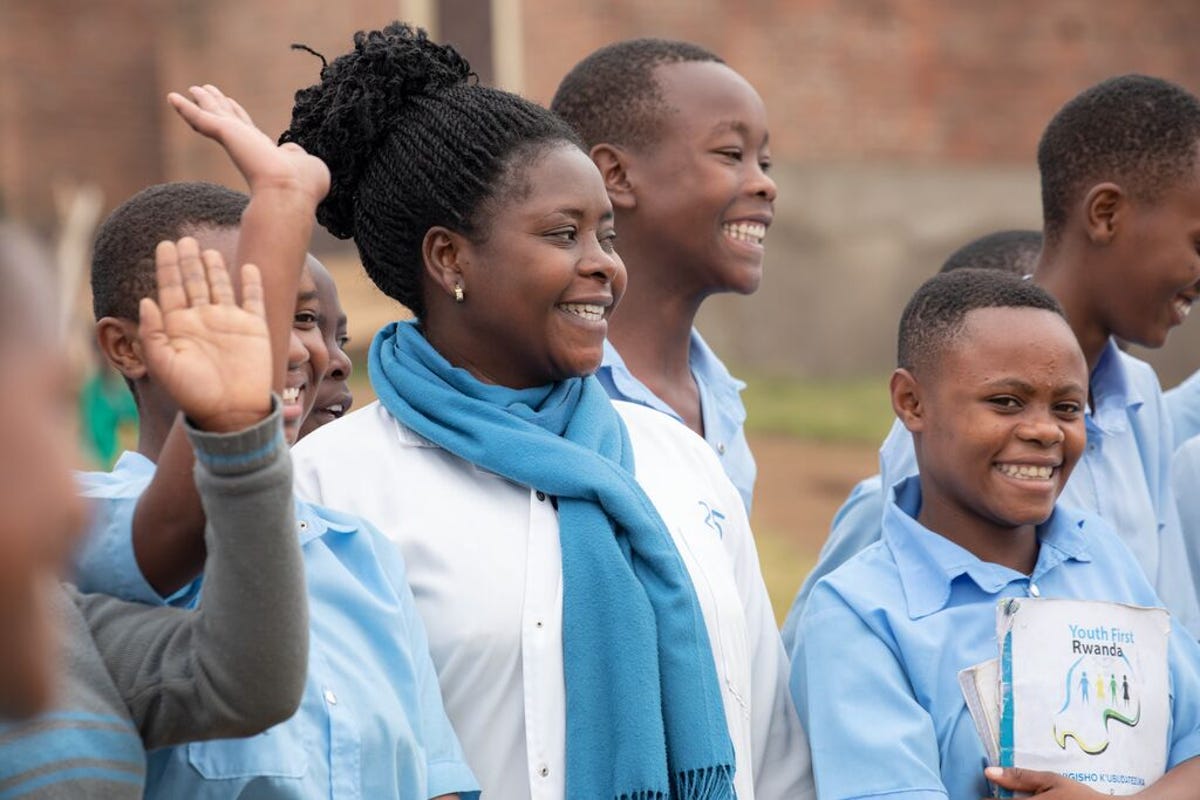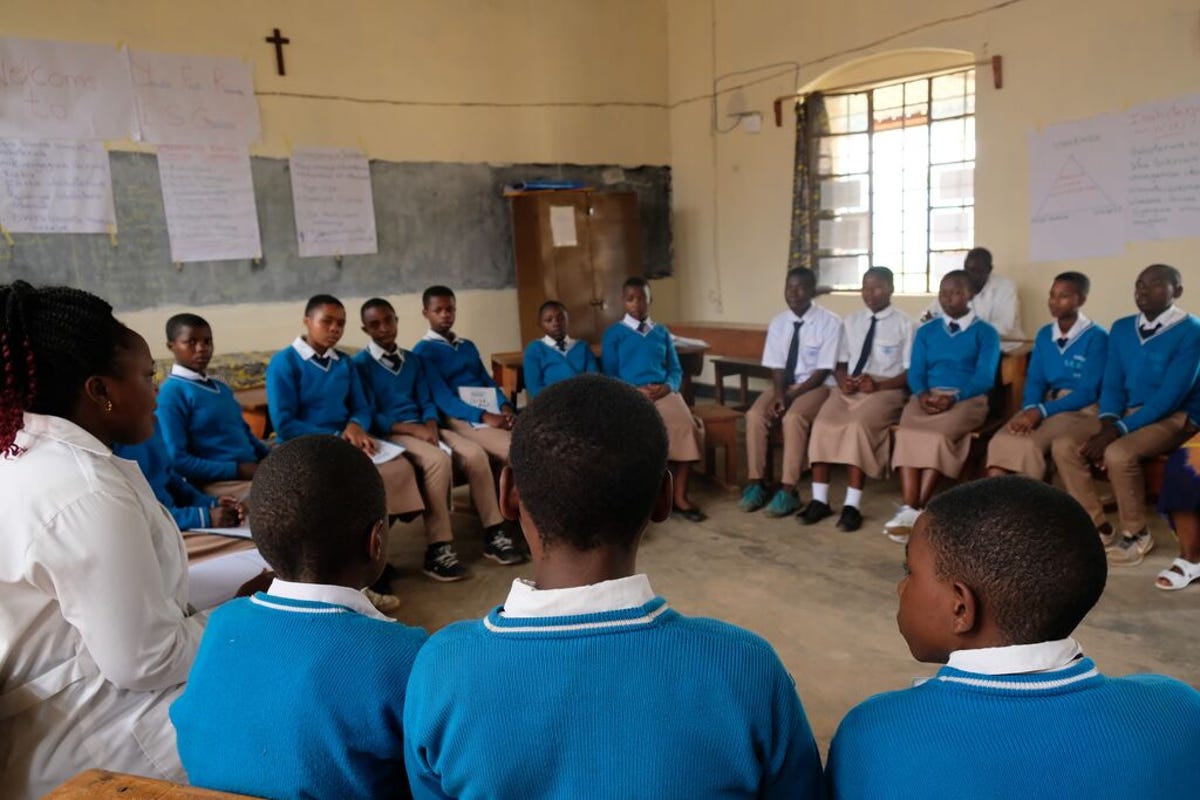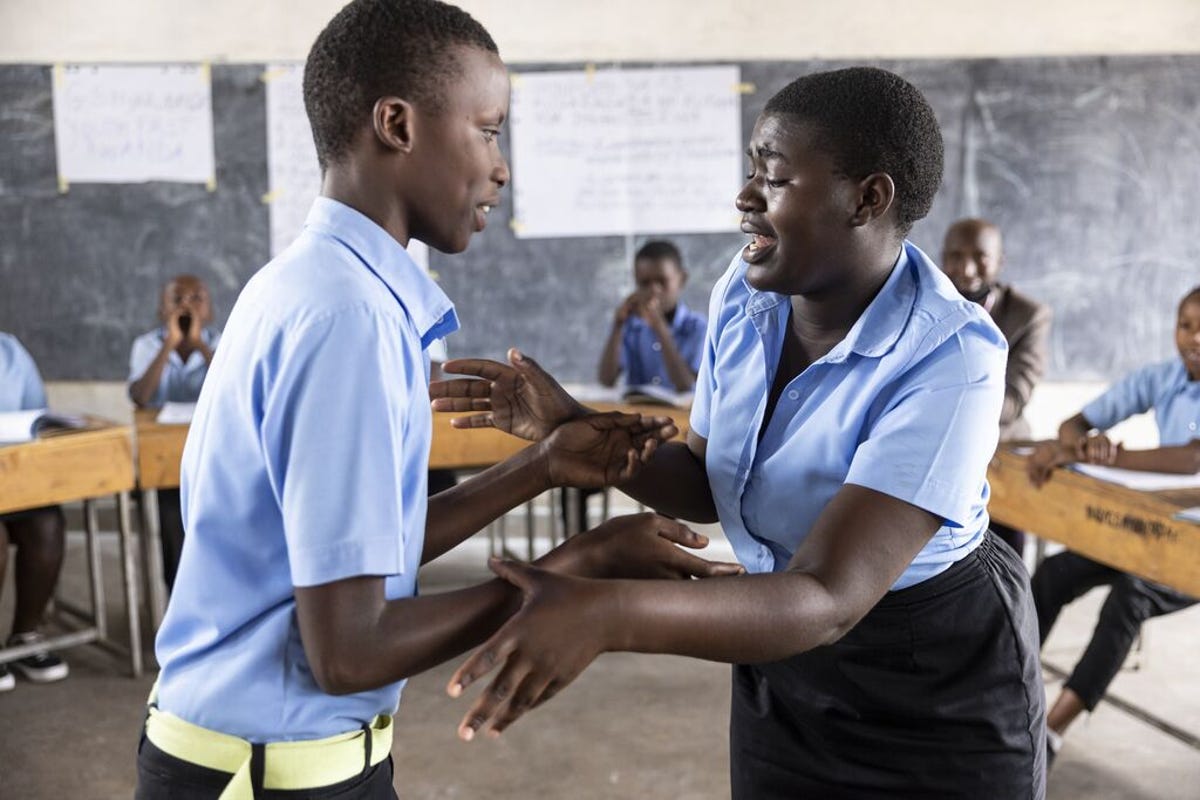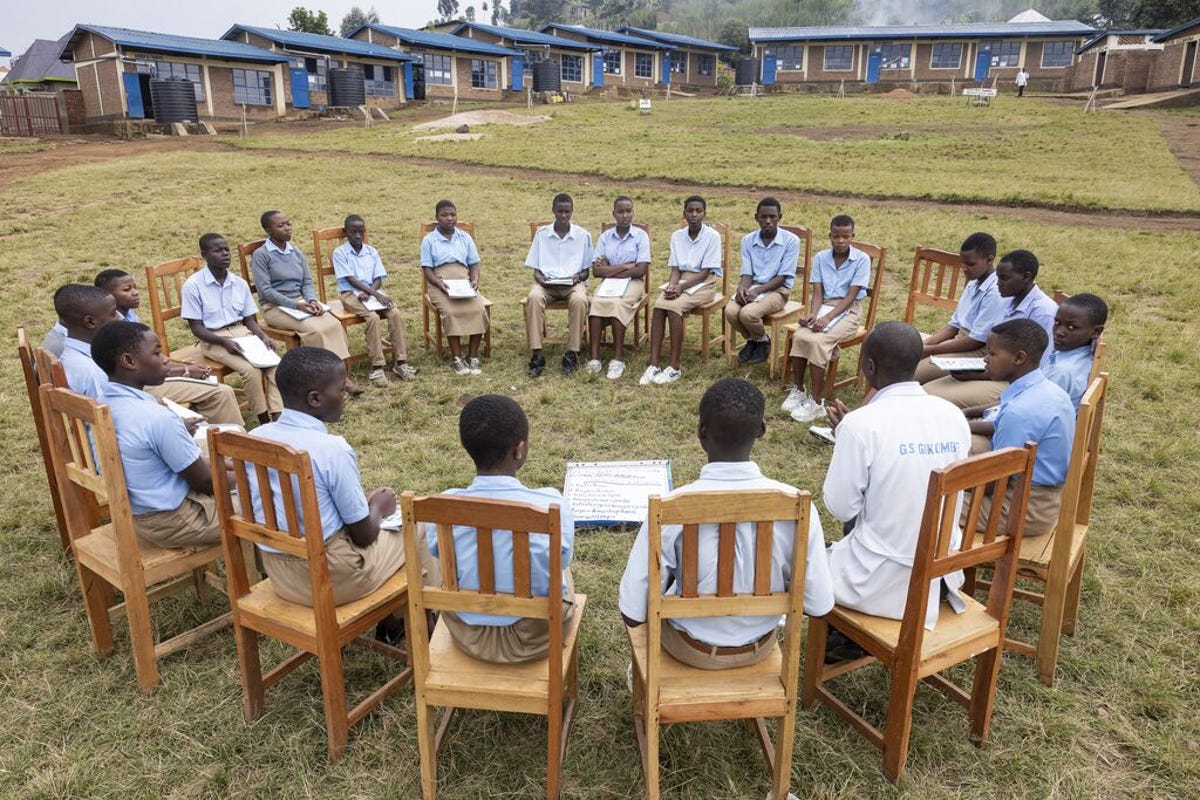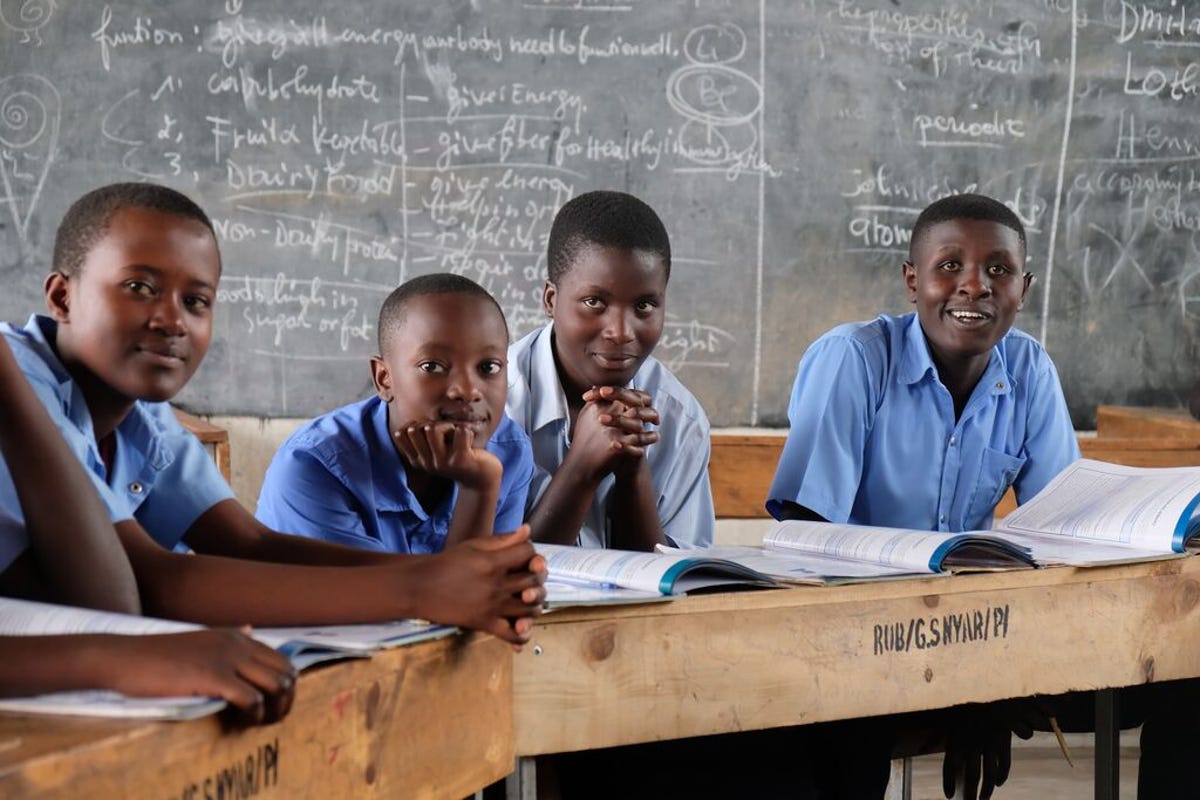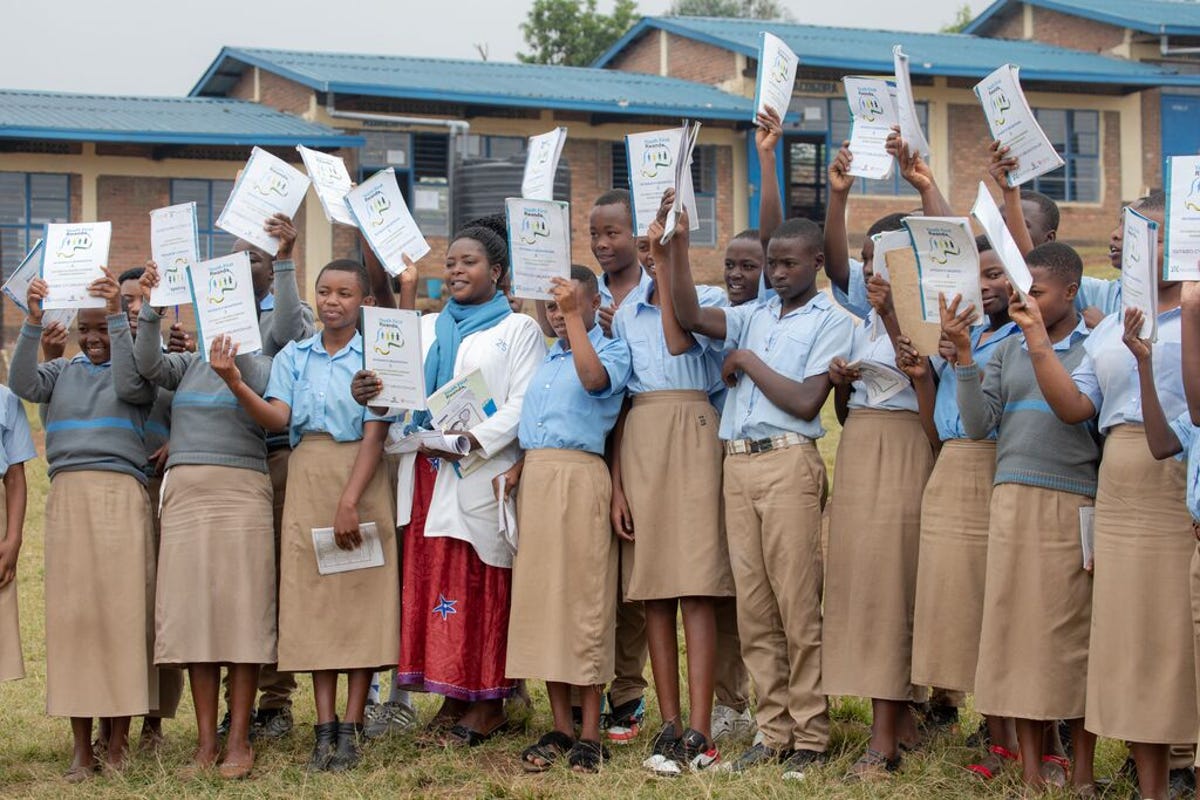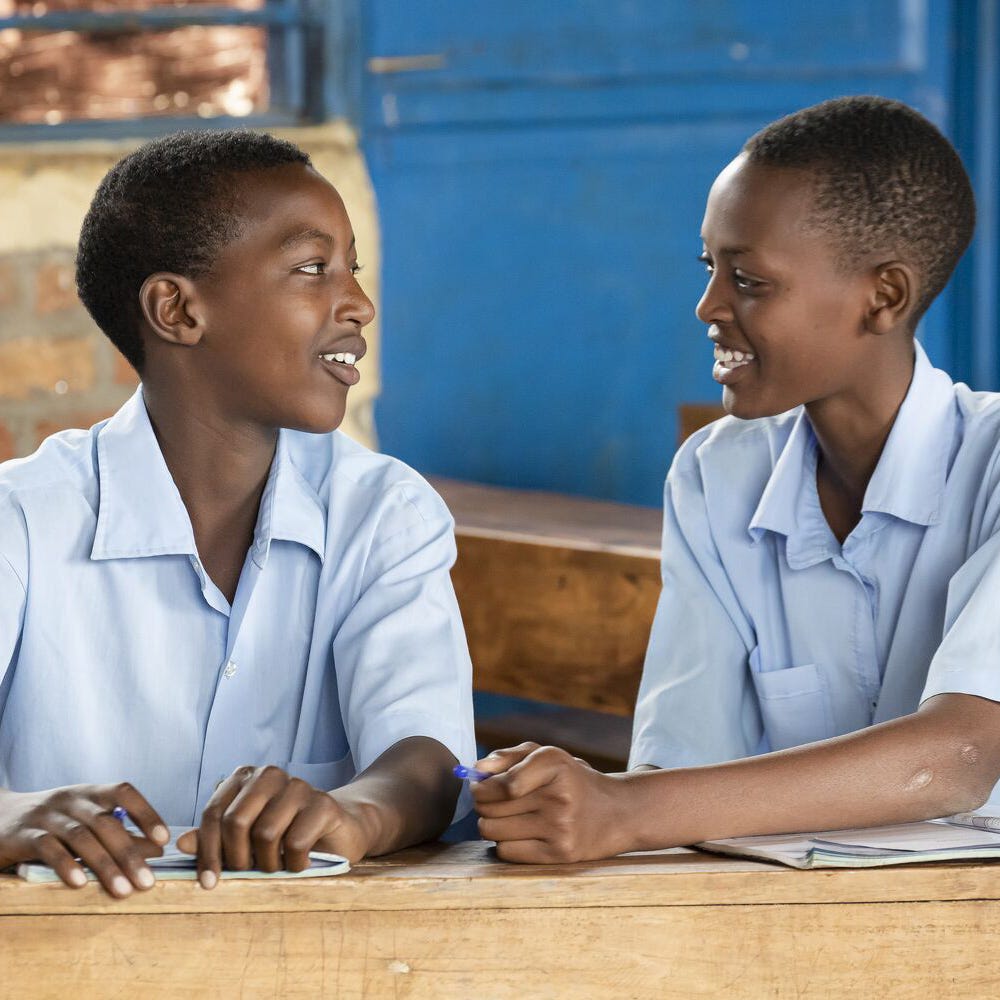2021-2024
TEACHING YOUTH RESILIENCE
© Cartier Philanthropy / Irene Amodei
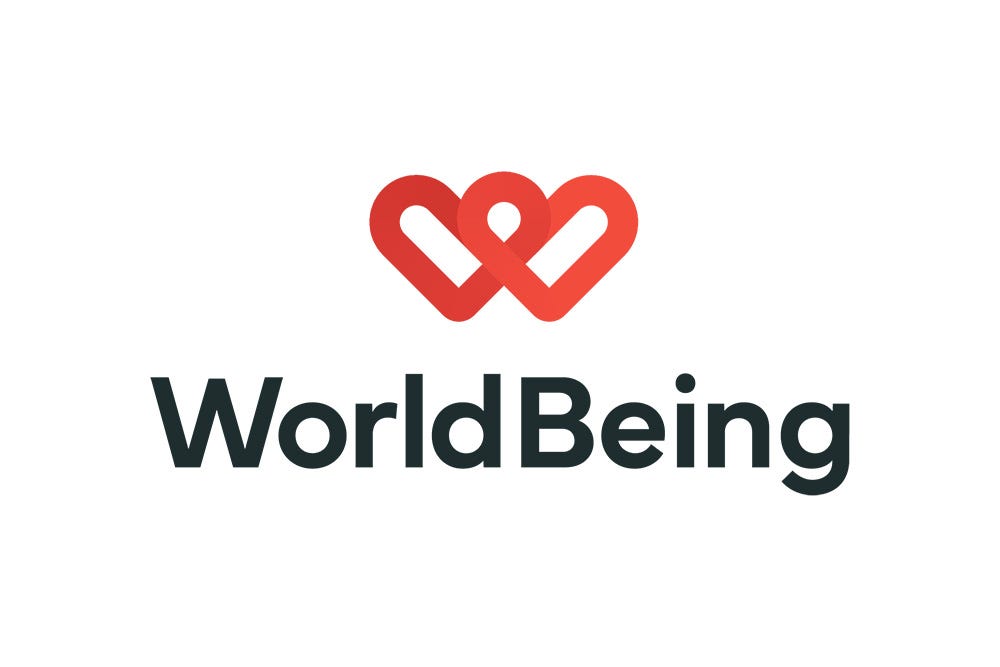
2021-2024
Worldbeing
WorldBeing develops resilience programmes to improve the mental and physical wellbeing of youths living in low-income countries. Since 2009, it has reached almost 100,000 adolescents from marginalised groups across India and Kenya (data until end 2024). We funded its work in Rwanda, where WorldBeing was working with the Ministry of Education and the Rwanda Education Board to make its pilot programme, Youth First Rwanda, a vital component of lower secondary education across the country.
CHALLENGE
© Cartier Philanthropy/ Cyril Le Tourneur
ACTION
WorldBeing designed the Youth First Rwanda programme to improve the psychological, social-emotional and physical wellbeing of lower secondary school students, aged 13-15.
The programme aims to improve students’ resilience so that they can better adapt to adversity and cope with stress. This includes developing skills and qualities, such as self-confidence, optimism, persistence, assertive communication and problem solving. These skills have been proven to help young people stay in school, delay marriage and teenage pregnancy, overcome obstacles and thrive.
Drawing on positive psychology, social-emotional learning and conflict resolution, Youth First Rwanda trains teachers to facilitate resilience sessions. Students learn to better understand their emotions and strengths, and improve their abilities to communicate, solve problems, negotiate and achieve goals. The programme also helps students understand the changes that are taking place in their bodies, overcome stereotypes and gender biases and take care of their health.
In 2022-23, WorldBeing launched a 100-school mixed-method evaluation of Youth First Rwanda among 7,000 youths. WorldBeing e is using learnings gained from this study to optimise Youth First Rwanda for national scale.
IMPACT
Around 100,000 young students in urban slums and remote rural villages in India and Kenya have benefitted from WorldBeing’s resilience programmes since 2009 (data until end 2024). The initial evidence from these programme shows significant improvements in adolescent mental, emotional and physical wellbeing, gender equality and education-related outcomes.
INCREASE IN SCHOOL PERFORMANCE
documented in India (2015)
INCREASE IN HEALTH KNOWLEDGE
documented in India (2015)
INCREASE IN EMOTIONAL RESILIENCE
documented in India (2015)

